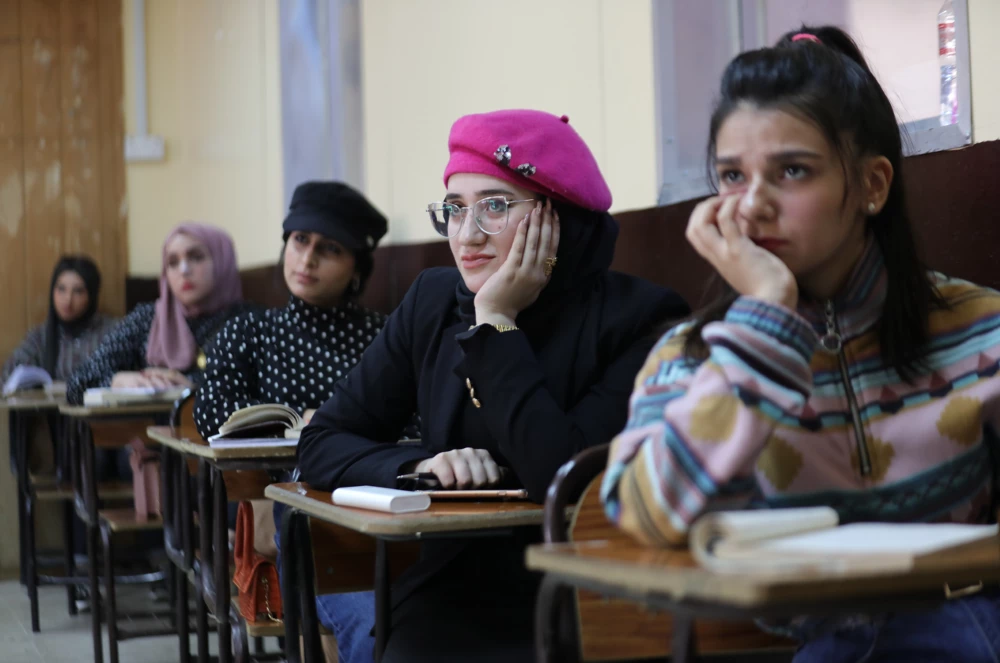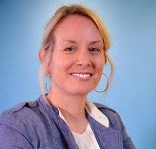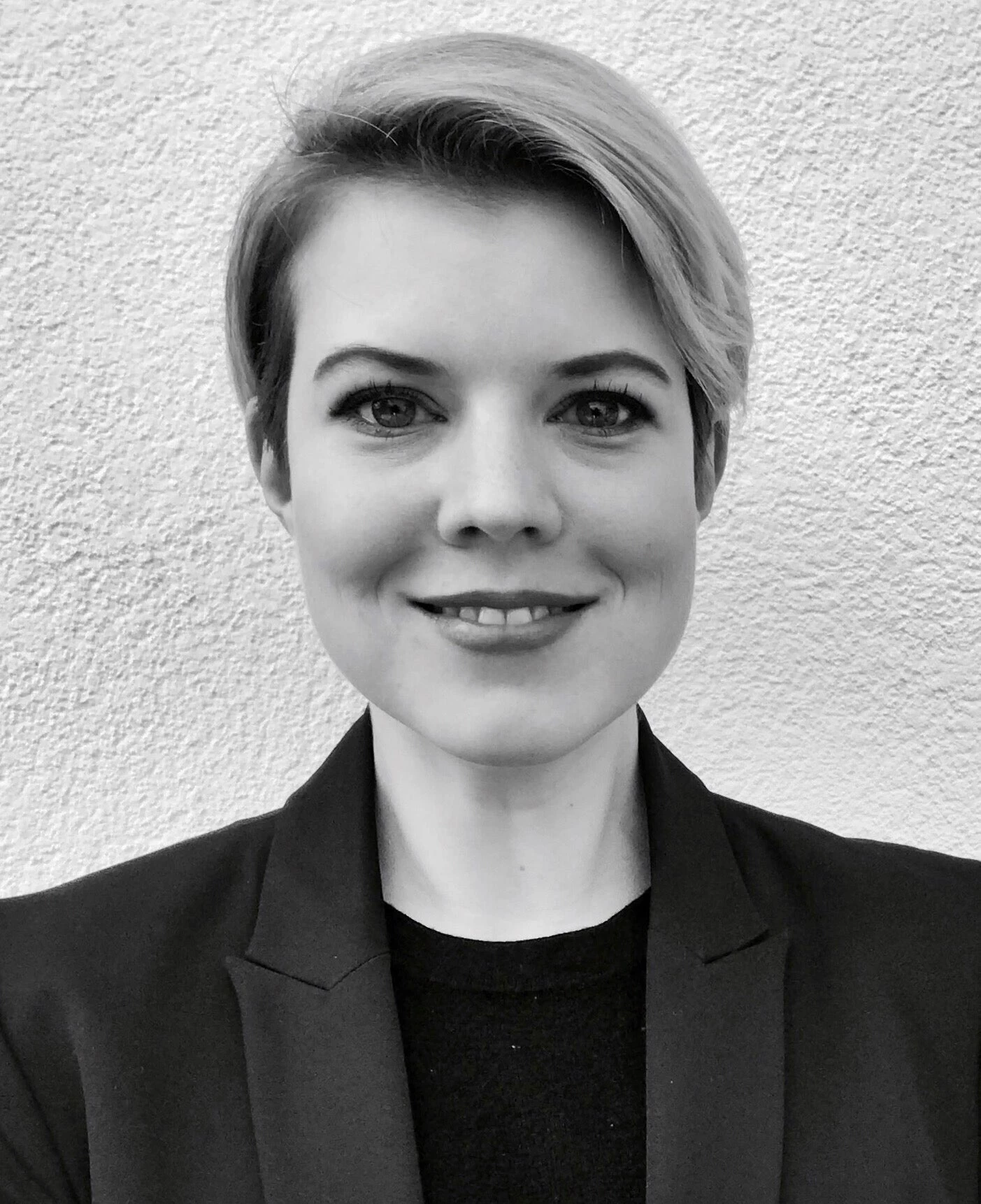 Young women students sit in class in Iraq.
Young women students sit in class in Iraq.
Low learning levels are putting the future of Iraqi children and, as a result, the future of the whole country at risk. The development of human capital, necessary for sustainable economic growth, has been in decline for years. An early grade reading assessment (EGRA) found the vast majority of students in grades 2 and 3 did not comprehend age-appropriate materials. Even prior to COVID-19, Iraqi children lagged well behind their peers in human capital development measured by the World Bank’s Human Capital Index. A child born in Iraq today will reach, on average, only 41% of her potential productivity when she grows up. Of an average seven years spent in school, the amount of learning that is taking place is only 4 years. The decline has been exacerbated by COVID-19 with more than 11 million students set back by school closures and limited opportunities for remote learning.
Reform of the sector is essential to address the shortcomings of education and revive its focus on learning. In 2019, the Government of Iraq (GOI) approached members of the Iraq Reform, Recovery & Reconstruction Fund (I3RF), which is managed by the World Bank, co-chaired by the Ministry of Planning (MOP), and supported by Canada, Germany, Sweden, and the United Kingdom, to help the GOI develop a comprehensive reform agenda that is driven by evidence-based policy making. The Ministry of Education (MOED) and the World Bank agreed on a set of analytical and technical support.
Three key lessons have emerged from this close collaboration:
1. Linking technical support to capacity-building is vital for a lasting development impact
Over the last two and a half years, support has focused on institutional capacity-building with an approach that balances “new strategies to shape future direction” with “new ideas for more efficient education sector spending.” Key among these is the recently completed, 10-year National Education Strategy, and school infrastructure and teacher policies that are about to be adapted by MOED. These policies are expected to have a positive impact on improving the management of teachers and schools, the sector’s largest expenditures. In addition, a national assessment system for regular evaluation of learning has made considerable progress towards achieving evidence-based decision making on improving curricula and teaching.
In all of these activities, the World Bank team focused on capacity-building, ownership, and accountability at the MOED, which is instrumental to sustainable recovery and reforms.
Actionable recommendations for more efficient education sector spending lies at the heart of the World Bank’s Human Development Public Expenditure Review. As a result of that, a Competitive Fund Pilot, which started as a capacity-building activity and has been incorporated into a new investment project, is a game changer to financing higher education more effectively and efficiently. Through calls for proposals and a transparent selection process, it incentivizes institutions to address quality/relevance issues of their programs, foster partnerships with the private sector, encourage innovation, and support national development priorities.
2. Flexibility and strong partnerships are key to overcoming obstacles and address emerging needs
The I3RF financing comes with extensive flexibility for responding to emerging needs quickly. This has allowed the World Bank’s partnership with the MOED to evolve and strengthen over time. The Iraqi education sector is used to the need of adaptation and creative adjustments due to frequent crises including the COVID pandemic, which also hit Iraq very hard. These unforeseen events made it important to develop a coherent education reform plan that translates the national development priorities into actionable short- and medium-term measures to promote better access, equity, and quality of education. However, their implementation is not easy due to capacity constraints.
A strong partnership between MOED and the World Bank has helped overcoming some implementation roadblocks. For example, the Education Service Delivery Indicator survey had to be delayed while schools were closed. The survey, the first one of its kind in Iraq, which assesses key factors at the school level such as teachers, principals and the learning environment, is expected to deliver insights into student learning and the delivery of education services. Through this partnership several implementation problems could be resolved quickly, resulting in the completion of most of the data collection by now.
3. Building capacity and filling knowledge gaps chart the way forward
Although the technical support financed by the I3RF has laid the groundwork for better policies, there is an urgent need for more investment. The groundwork creates a base for scaling up with national budget or donor funding.
Several projects are springing up as a result: The Innovations Toward Learning in Lagging Governorates Project is about to be approved. Its objective is to enhance teaching practices of more than 3,000 Arabic and Mathematics teachers and to improve literacy and numeracy skills of more than 300,000 vulnerable students in the three most vulnerable governorates.
Another recently approved project, the Support to Tertiary Education Project, will help the Ministry of Higher Education and Research develop its institutional capacity of tertiary education in areas aligned with national development priorities, such as agriculture and renewable energy.
While challenges remain to improve learning for all Iraqi children, the I3RF has been instrumental in supporting the MOED in designing policies, strategies, and diagnostic tools. These efforts set the stage for better learning outcomes and sustainable economic growth for generations to come.
Check out the I3RF Annual Progress Report for more details.




Join the Conversation